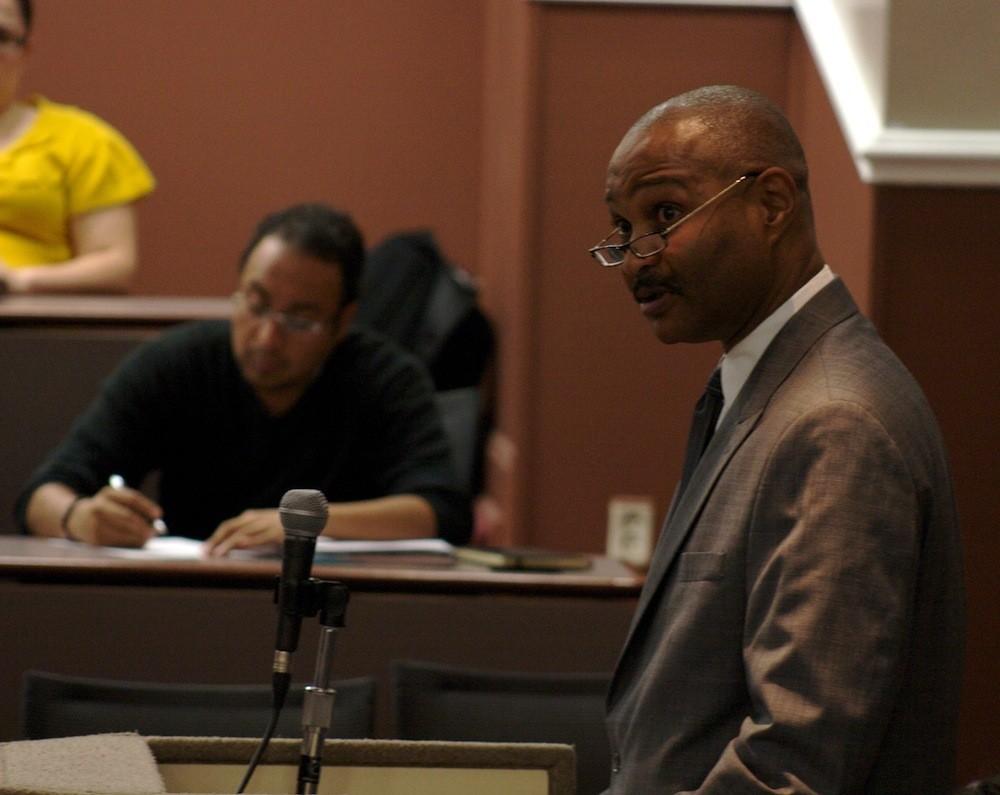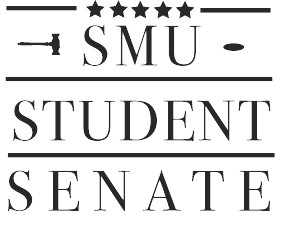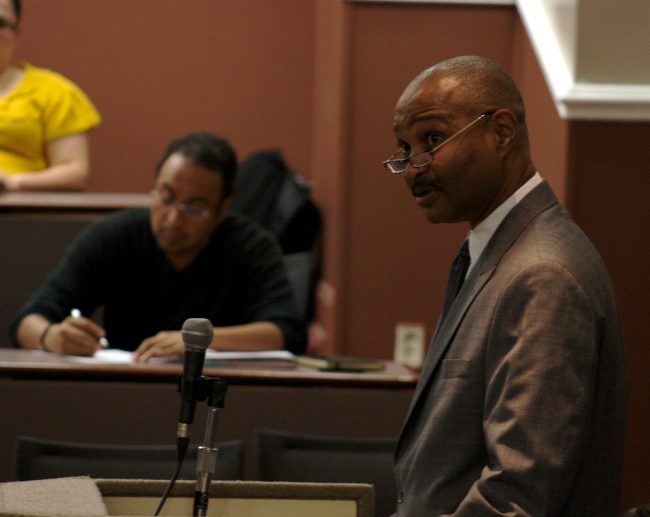
Caption
Although a controversial bill abolishing special-interest seats for ethnic minorities and academic affiliation in the student senate was pulled by its authors late Monday afternoon, debate over the bill dominated Tuesday’s senate meeting.
Both galleries in the Hughes-Trigg Forum were filled with opponents and supporters of the bill, many of whom spoke about the legislation, which is currently being revised by authors Christina Kearney, a Dedman I senator, and Peter Goldschmidt, student body secretary.
Anthony Tillman, assistant provost for Strategic Initiatives and director of Student Retention, delivered the SMU admissions office’s official position on the matter, which does not bode well for the bill’s future success.
“The strong potential, unintended consequence of this bill would be the perception … in both the internal SMU community and the external SMU community of the further sense of marginalization of the minority student experience at SMU and the further quieting of the minority student voice at SMU.
“This perception will serve to revive the resident image in the minority communities external to SMU that this school is not welcoming to and embracing of minority students,” Tillman said.
Tillman’s roles include recruiting minority students and retaining them. However, he said the senate’s actions to eliminate special-interest seats would be a major blow to his efforts.
“This bill has the potential to undermine SMU’s efforts to recruit bright and talented minority students to SMU, and hinder the institution from achieving one of its goals … ‘to enhance the intellectual, cultural, technical, ethical and social development of a diverse student body.'”
Bethany Mackingtee, African-American senator, said she agrees with Tillman’s comments.
“Having the special interest senate seats is a depiction to the SMU community, and prospective students that SMU wants to provide communities who are the minority a voice and representation,” Mackingtee said.
“SMU … is striving to remove the negative connotation that it lacks a concern for diversity, which is why the student senate created special interest seats.”
Philip Hayes, a first-year student said he does not want to get rid of academic affiliation as the previous bill required, but said he does not see the need for ethnic minorities to be specially represented.
“It is offensive to charge that without special interest seats, minorities will not be given power by the student body,” Hayes said.
He said that recent senate electoral results have yielded a minority as the top vote getter.
“Nothing is keeping minority voices from being heard,” he said. “The man is no longer trying to keep you down,” Hayes said.
In response to the persistent calls for specific, codified protections for ethnic minority representation, Hayes said students should seek out their academic senators and examine their stances carefully.
“If there are issues that are important to you as a student, ask the candidates that are running in your respective school how they feel about those issues and vote for the ones that are aligned with how you feel – and if you don’t feel that those candidates represent your issues, run for the senate seat yourself,” he said.
Nina Sosa, a senior international student from Mexico, said she supports having an international senator who understands the unique challenges international students encounter when enrolling at a university outside their home country. Under the legislation, that seat would be tossed out with the three ethnic-minority seats.
Jacqueline Nguyen, president of the SMU Vietnamese Students Association, said she would prefer the special-interest seats to remain, but she is confident that the bill will not spell the end of minority representation altogether.
“If the proposal is passed, our communities will have to work harder to find people in our community to represent us … so long as they are passionate about what we do for SMU and will take the time to understand our perspective – but those kind of people are rare,” Nguyen said.










